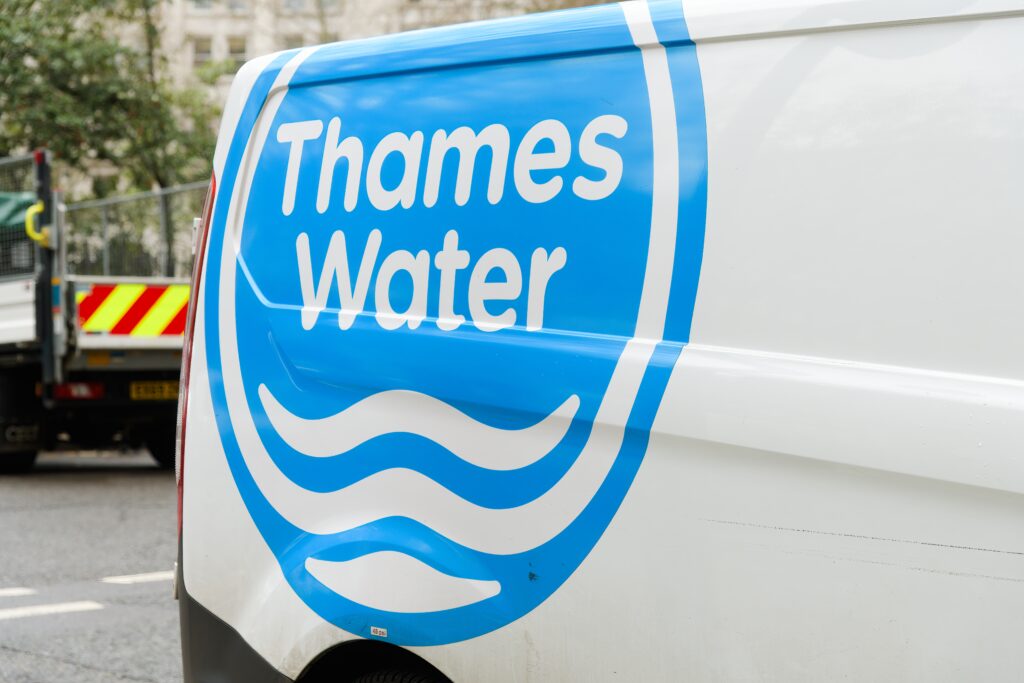Thames Seeks Court Approval to Avoid Collapse
Thames Water seeks court approval for an emergency cash injection. Without it, the company may run out of funds in weeks.
On Monday, Thames Water will request approval in court for a financial lifeline. The company risks insolvency within four weeks if the plan fails.
Lenders have proposed up to £3 billion in short-term loans. These funds aim to provide time for a significant restructuring of the UK’s largest water and waste company.
If the court rejects the proposal, Thames Water faces potential temporary nationalisation. This could cost the government approximately £2 billion annually.
Bill Hikes, Regulatory Tensions, and Lender Offers
Thames Water is considering an appeal against Ofwat’s decision to approve only a 35% bill increase over five years. This is below the 53% hike Thames initially requested.
The company has struggled due to poor regulation, shareholder demands, climate change, and mismanagement. Financial troubles became evident 18 months ago when the company began seeking new funding.
Currently, Thames carries around £17 billion in debt. However, water supplies to households will continue without disruption regardless of the company’s future.
Lenders have offered Thames an additional £3 billion in two phases. The first installment will cover operations until autumn. The second installment depends on whether Thames appeals Ofwat’s bill decision to the Competition and Markets Authority (CMA). An appeal could take up to a year.
Thames has until February 18 to decide on the CMA appeal. Meanwhile, investment bank Rothschild is searching for potential buyers to inject fresh capital.
A four-day court hearing is scheduled for Monday, but it may extend due to objections from a smaller group of lenders. These lenders propose alternative terms for the cash lifeline.
Even if the court rejects the plan, immediate collapse is unlikely. However, insiders admit this would bring the company closer to temporary nationalisation under a Special Administration Regime. The government has already consulted firms to handle this possibility.
Controversy Over Accountability and Future Plans
Thames Water insists that services for its 16 million customers will remain uninterrupted. However, questions linger over the company’s long-term viability and its role in managing key infrastructure.
Some argue Thames should go bankrupt, allowing the government to take control. Critics blame the company’s debt-driven business model, dividend payouts, and executive bonuses. They consider raising customer bills to cover losses a major injustice.
Others blame lax regulation for keeping bills too low, hindering investment in aging infrastructure. Ofwat’s penalties for failures, critics say, worsen the problem by draining funds needed for repairs.
Neither Thames nor the government wants the company nationalised. Consultancy firm Teneo estimates this option would cost up to £2 billion annually.
A larger concern involves the message a private company’s failure could send to international investors. Chancellor Rachel Reeves hopes to attract significant investments in infrastructure projects like airports, railways, and wind farms.
Company insiders and creditors emphasize the need for a pragmatic approach. They argue for a special deal to prevent collapse.
Thames has two weeks to appeal to the CMA for higher bill limits. However, this carries risks, as the CMA could further reduce the approved increase.
Last week, ministers dismissed the CMA chair due to dissatisfaction with the regulator’s growth strategy. Thames Water insists higher bills are necessary to fund its planned £20 billion investment over five years. The outcome will test the stance of the new CMA leadership.


